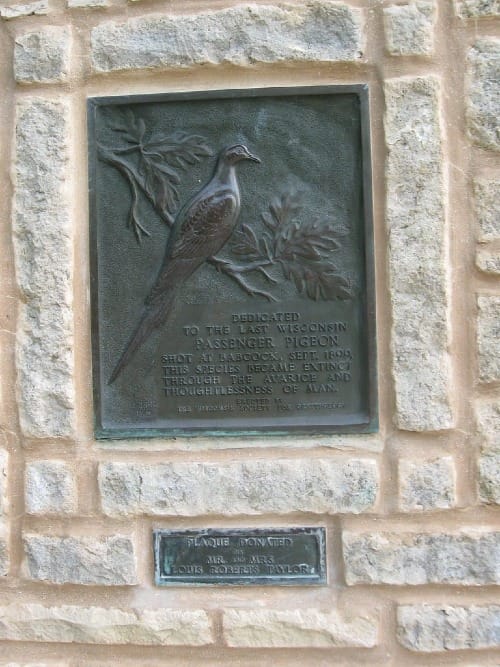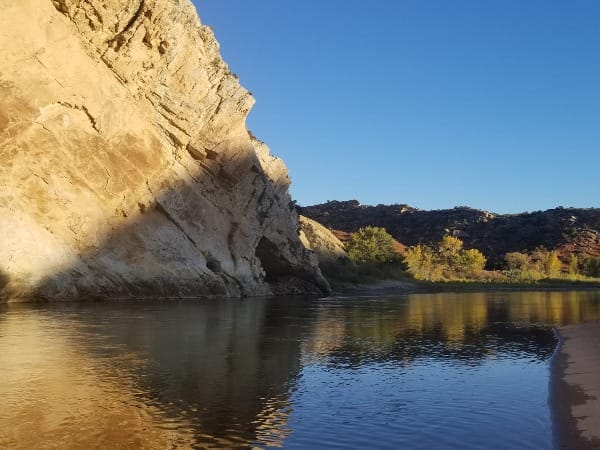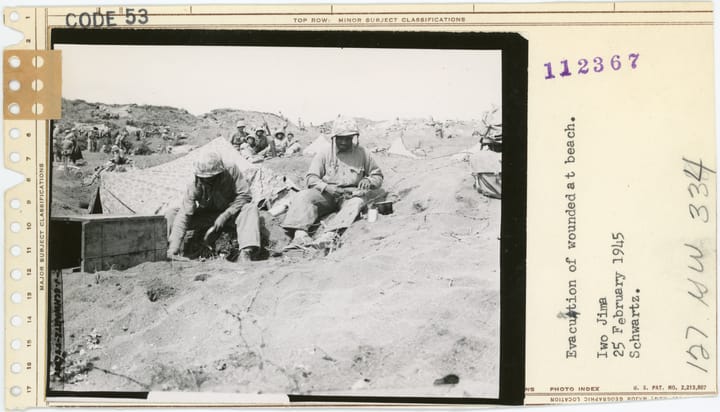Passenger Pigeons, Democracy, and a Future to Seize

Martha, the last passenger pigeon, died in the Cincinnati Zoo in 1914. Forty-three years later, in 1947, a monument memorialized the extinct pigeons in Wyalusing State Park in Wisconsin at the confluence of the Mississippi and Wisconsin Rivers, just south of Prairie du Chien. The state’s most famous conservationist, Aldo Leopold, reflected on the bird and the occasion with “On a Monument to the Pigeon,” an essay he revised and included in his classic book A Sand County Almanac.
I’ve been re-reading A Sand County Almanac for the first time, cover to cover, since college. Today, coincidentally, I finished his chapter on Wisconsin, which contained the pigeon essay, in the second part of the book—what he called “Sketches Here and There.”
“On a Monument to the Pigeon” finds Leopold philosophical, as was typical. And he mused about expansive human sensibilities. Darwin taught Leopold that humans are “fellow voyagers with other creatures in the odyssey of evolution.” No more, no less. Accordingly, Leopold thought people ought to develop a “sense of kinship with fellow-creatures; a wish to live and let live.” He recognized that too few people had generated such sympathy.
But some had, as the memorial to the passenger pigeon attested. “For one species to mourn the death of another,” Leopold said, “is a new thing under the sun.”
Witnessing what has happened in—or, rather, to—Wisconsin in the last day has me mourning, too. Not for the extinction of a species but for the death of democracy, and of decency. For more than a century Wisconsin has been a beacon of political reform and experimentation. A century ago, those efforts increased democratic representation and promotion of the public interest. For the last decade, Wisconsin Republicans have hollowed out anything remotely small-d democratic, and yesterday they received a big assist from the US Supreme Court. “One person, one vote” no longer is something to aspire to and ensure but something, if you are a Republican, to thwart by whatever means necessary.
It was a dark day.
Leopold ends his short essay poignantly: “The love what was is a new thing under the sun, unknown to most people and to all pigeons. To see America as history, to conceive of destiny as a becoming, to smell a hickory tree through the still lapse of ages—all these things are possible for us, and to achieve them takes only the free sky, and the will to ply our wings.”
I think Leopold is commenting on our species’ ability to transcend this moment, to long for the past where passenger pigeons still fill the skies. But also to see the future as unfinished so that we shape it toward the possibilities we can imagine, if only we will ply our wings to soar in that free sky.



Comments ()